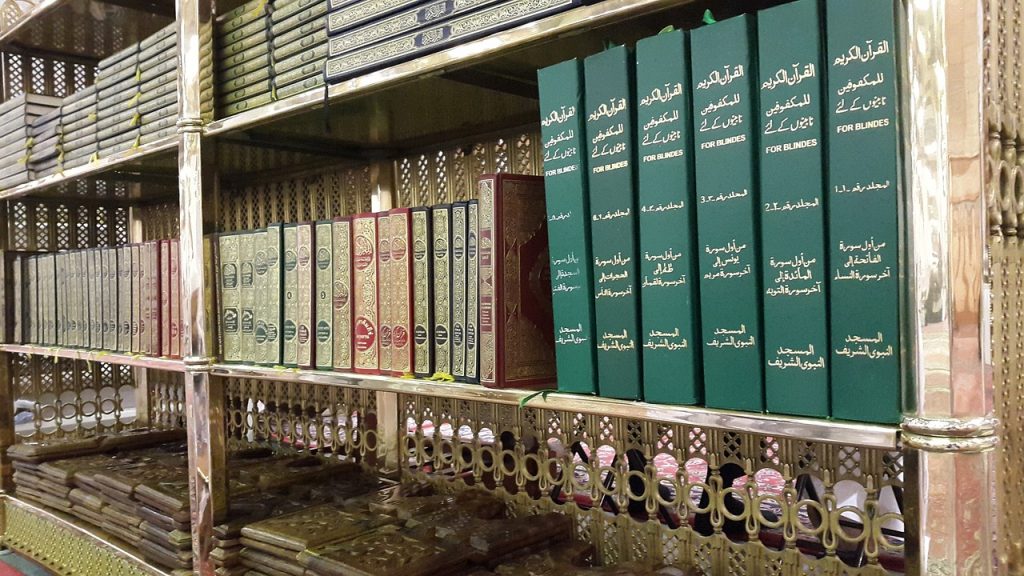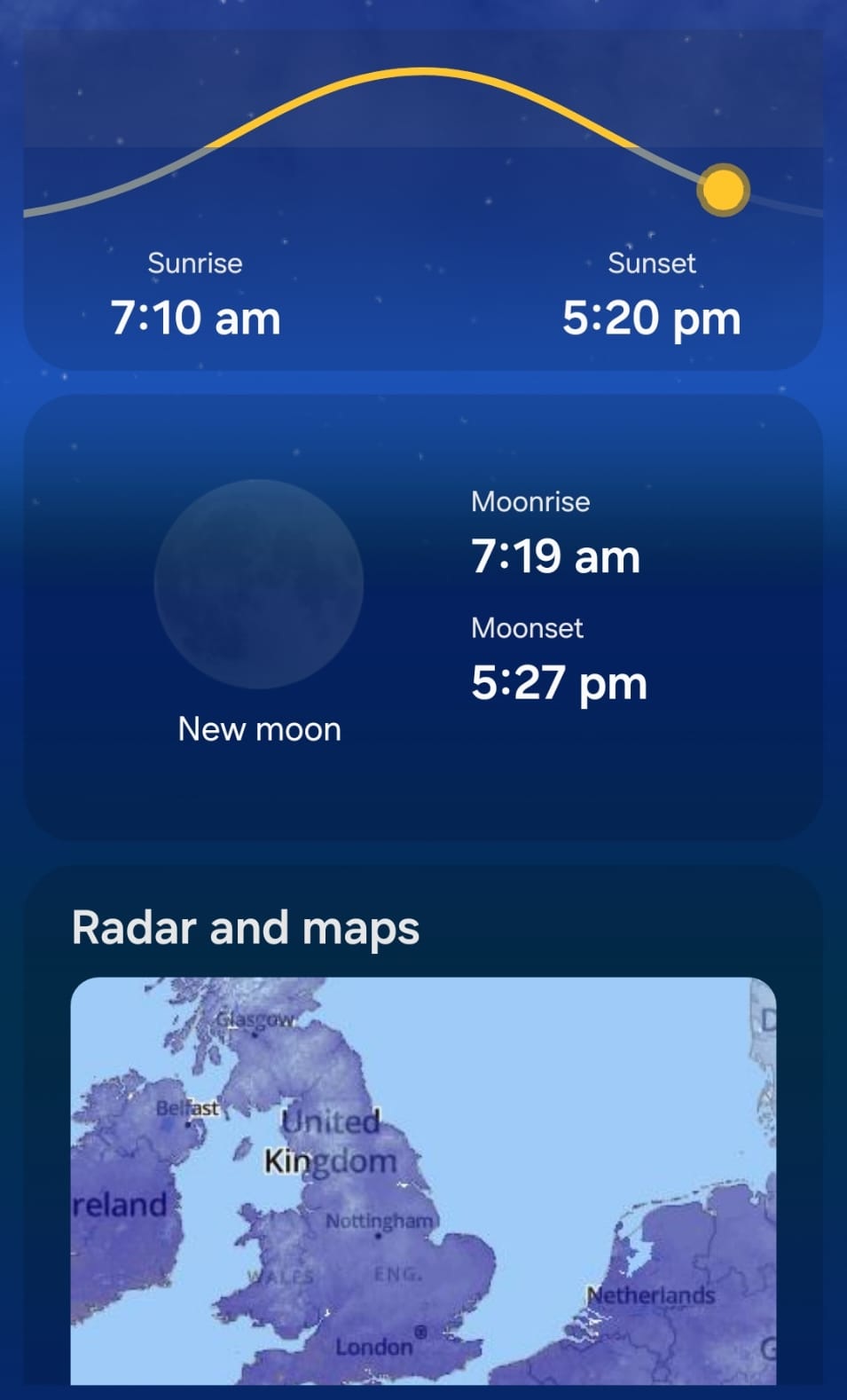Frequently Asked Questions
We aim to answer some of the most common questions new Muslims have, helping you navigate your journey with confidence and clarity.
No, you don’t have to change your name unless its meaning is Islamically objectionable. The Prophet, may the mercy and blessings of Allah be upon him, did not order everyone who accepted Islam to change their names. Since Arabic names generally have meanings, he did change names with offensive or religiously objectionable meanings. And if the name is not Islamically objectionable, then it is recommended to take a Muslim name but one does not have to.
If you do change your name, do not change the family name or your father’s name, even if it be an impermissible name, but just your first name. Allah says in the Quran:
“Call them (adopted sons) by (the names of) their fathers, that is more just with Allah.” (Quran 33:5)
“Halal” means permissible, and “haram” means forbidden in Islam. These terms apply to various aspects of life, including food, behaviour, and financial transactions.
Halal Foods: These are foods permitted for consumption. They must be free of any pork products, alcohol, and must be prepared according to Islamic guidelines.
Haram Foods: Pork and its products, alcohol, improperly slaughtered animals, and any food or drink containing these substances are forbidden.
Knowing what is halal and haram helps to make choices that align with Islamic teachings and maintain a lifestyle that pleases Allah Subhanahu wa ta’ala.
Modesty is key in Islamic dress for both men and women. Here are the general guidelines:
For Men: Wear clothes that cover from the navel to the knees. Avoid tight or transparent clothing. Maintain a neat and clean appearance.
For Women: Cover the entire body except for the face and hands. Wear loose-fitting, non-transparent clothing. Consider wearing a hijab (headscarf) to cover the hair. Dressing modestly reflects humility and respect towards oneself and others. It also aligns with the principles of modesty and decency that are central to Islamic teachings.
Finding the right community resources can provide immense support. Consider:
Local Mosques: Join a mosque to connect with other Muslims and participate in community activities and prayers.
Online Communities: Participate in online forums and groups where you can ask questions and share experiences.
Building a network of support helps you stay connected and motivated in your faith journey, providing a sense of belonging and shared purpose.









